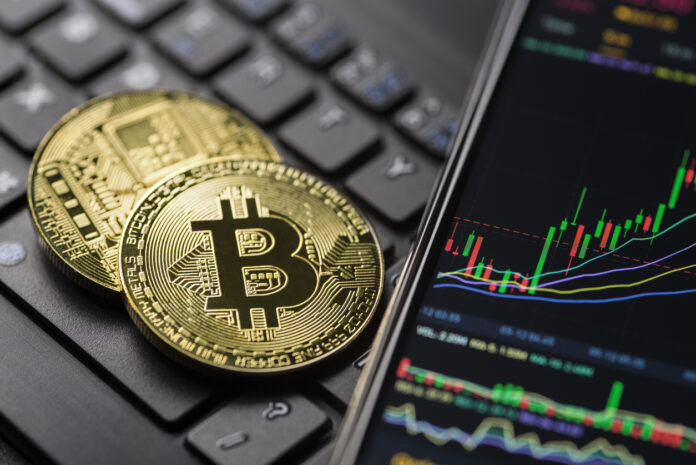The world of trading and investing seems to be rife with stories of extremely lucky traders who managed to be in the right place at the right time when the markets turned.
There is, for example, the story of John Paulson, who managed to predicted the subprime mortgage crisis and pocketed astronomical profits in doing so. This saw Paulson bet against bonds backed by subprime mortgages using credit default swaps – which is a move that ultimately netted him $15bn.
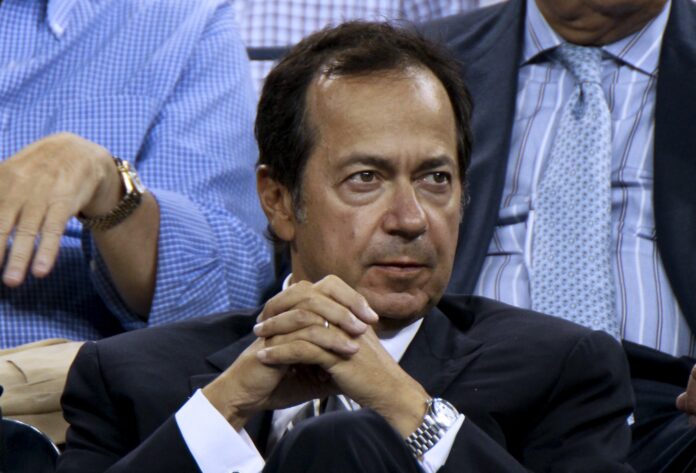
Taking Paulson as an example, however, you can’t help but wonder to what extent luck played a role in the staggering profits he was able to realize. Did he really know this was exactly how things would pan out or did he simply get lucky?
This is a question that has plagued traders and investors since time immemorial. After all, the fact that even the most skilled traders will regularly have trades turn against them seems to suggest that something more than skill alone is needed!
But is this “something more” based on skill or is it some divine source of luck?
If you are like the many traders over at okx.com and want to know the answer to this age-old question, keep reading this short article. And who knows, by the end of the article you might even have gained some wisdom that will help you to improve your cryptocurrency trading strategies!
Is trading the same as gambling?
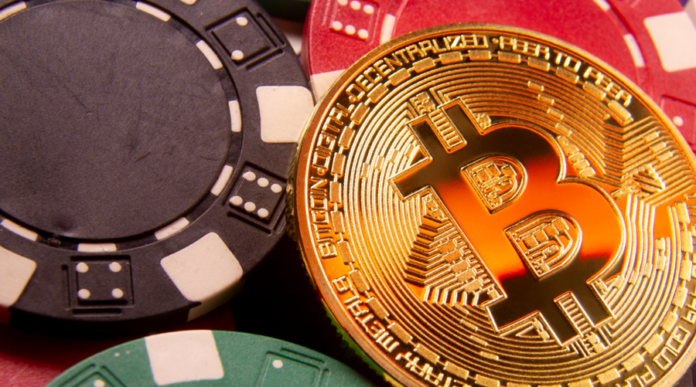
A point that is often made when individuals talk about the “luck vs skill” question in trading circles is that trading and investing is, essentially, a highly regulated form of gambling.
For these individuals, gambling and trading are essentially the same, given that both involve high levels of risk and uncertainty of outcome. Much like gamblers, they argue, traders and investors make a relatively calculated risk based on certain available information that a particular outcome will happen.
While for gamblers, the outcome is whether or not some specified event will happen in a game, or in the case of poker, that they have a card hand worth a certain value, investors simply make a “bet” that a particular asset will increase in value.
However, while gambling and trading certainly share a similarly uncertain set of outcomes, this does not necessarily mean that they are the same!
Trading and investment decisions are far more technical propositions than a gambling prediction in a casino game, and will usually be based on a much wider array of information. Another important difference is that unlike in the casino, there is no house edge in the trading world.
Both of these factors fundamentally alter the kind of prediction you are making in a trading or investment decision. In this sense, while trading necessarily entails high degrees of risk and uncertainty, you can ultimately mitigate this risk by a significant amount by doing more and better research. This is not the case in casino gambling, which is truly random, no matter how calculated your bet is!
How to improve your trading skills
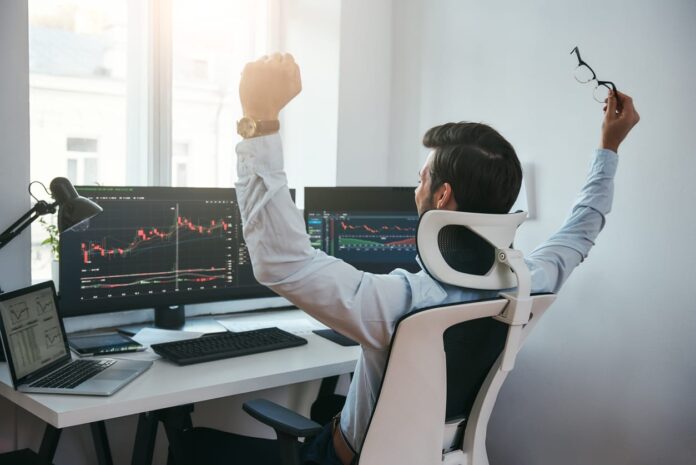
With these differences between gambling and trading in mind, the question that remains to be answered is: how can you improve your trading skills?
This is a particularly interesting question, given that the fact that you can actually improve your trading shows that it is a skill, rather than pure luck!
Rather than spending hundreds of pages talking through the answer to this question and introducing various techniques to improve your trading strategies, we will instead give you a few tips that will help to improve your trading strategies and execution.
-
Balance the short and long view
When you are trading, it can be incredibly easy to get wrapped up in the short-term view of the market, particularly if your trades haven’t really been performing. However, it is important that you measure your success based on a longer-term view, rather than a shorter timeframe. Short-term trading results can be quite random, so try to view your performance over the long term.
-
Practice good risk management
Regardless of whether you are a beginner, intermediate or advanced trader, you should never trade on the live markets without having developed good risk management. Get in the habit of identifying, assessing and trying to limit any market risks that might exist.
This might mean using specific techniques like stop-loss orders to limit how much you can lose on a trade, as well as sticking to a strict daily and monthly trading budget. It might also involve only ever making trades with a certain degree of risk in favor of smaller gains.
-
Be consistent

Good traders have a set routine and plan of action. If you want to achieve consistent trading results over the long term, you should be able to consistently perform according to a set plan.
-
Control your emotions
One of the most difficult things to get a handle on as a trader, and which also separates trading and gambling, is the presence of emotions. Good traders are able to carefully manage their emotions and can devise and execute trades on the basis of facts and information, rather than particular emotions. If you want to improve your skills as a trader, practicing controlling your emotions is a good place to start.
Skill vs luck: what matters most?
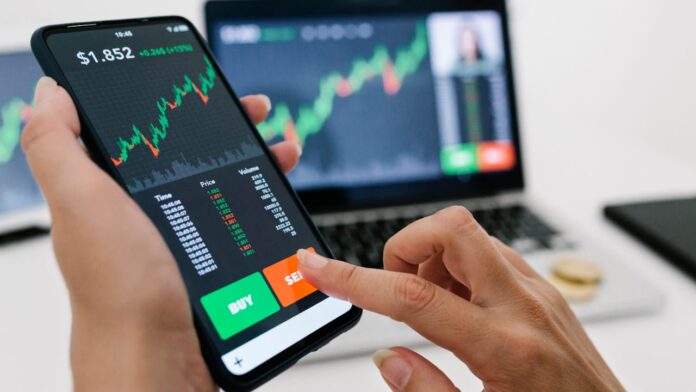
As we can see, there are a number of ways in which you can boost and improve your trading intelligence. This includes everything from keeping up to date with the latest trading strategies and technical analysis to getting better at practicing good risk management and emotional control.
At the same time, however, this does not mean that luck plays no role in your trading success. After all, pulling off profitable trades can often seem like a case of being in the right place at the right time.
With that said, if you want to make sure you make the most out of a lucky situation when you find yourself in one, it always helps to have finely tuned skills to make the most of it!

